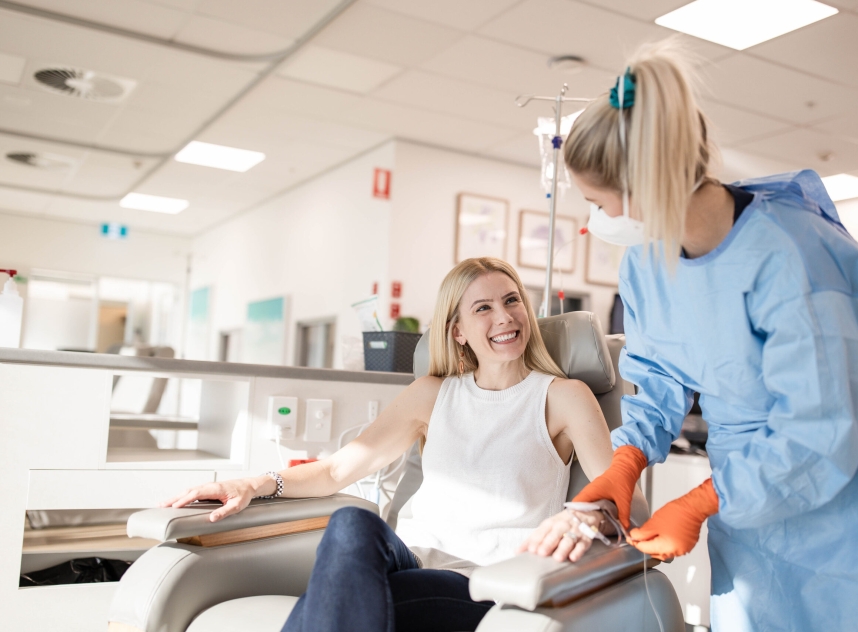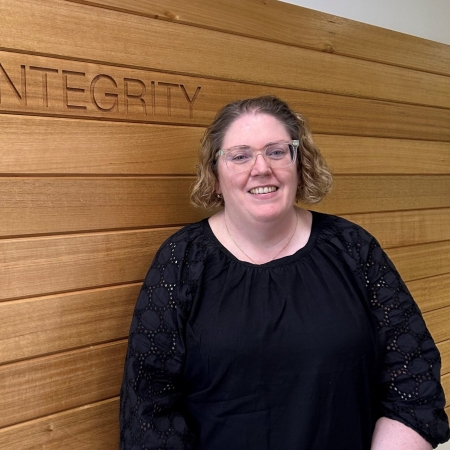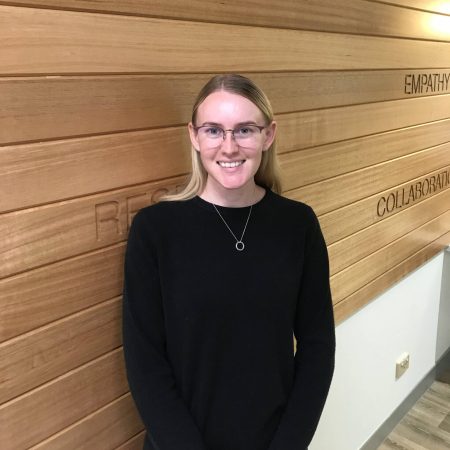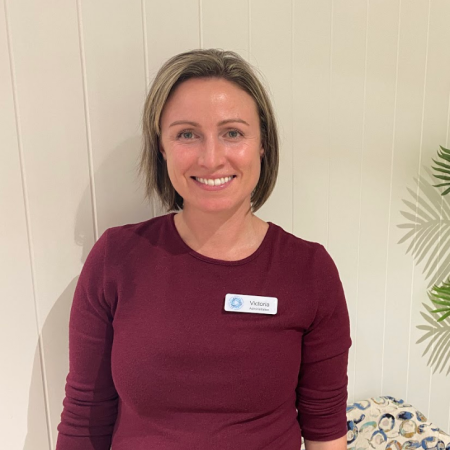Our Trusted Team
Westside Haematology Oncology Clinic are a trusted team caring for patients with the latest advances in the field of Haematology and Oncology.
We are passionate about providing quality and co-ordinated care focusing on the individual needs of our patients and their families.




